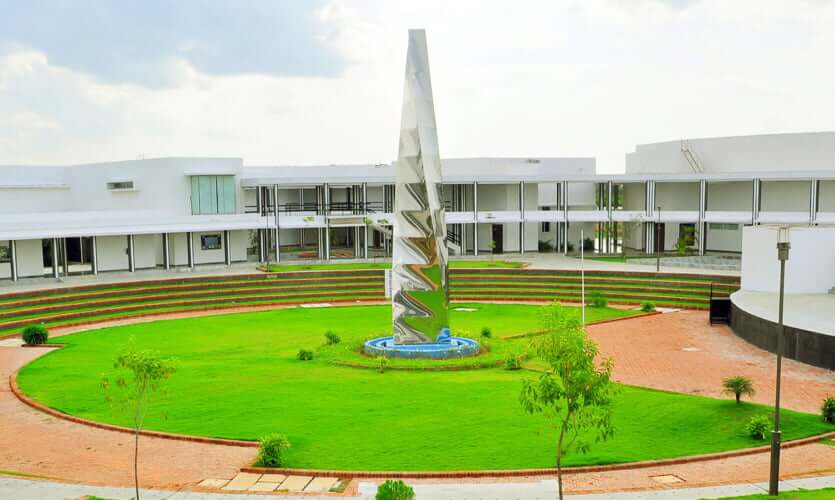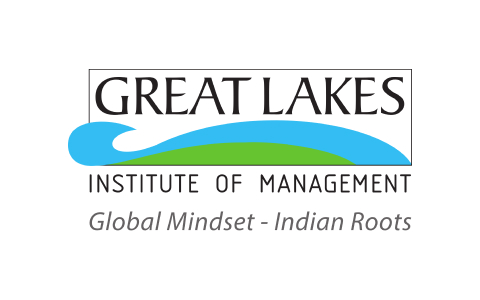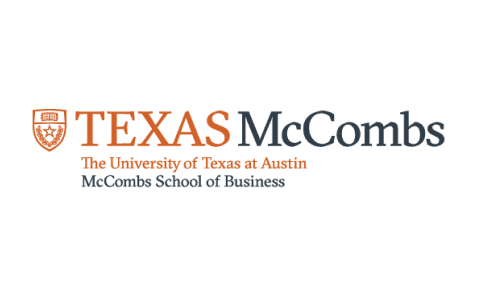Fundamentals of Macroeconomics
Explore Fintech intricacies to uncover financial technologies and enhance your skills. Mark your pathway towards becoming a Fintech professional through a free Fintech course with a certificate.

Ratings
Level
Learning hours
Learners
Skills you’ll Learn
About this Free Certificate Course
The introduction to macroeconomics course will provide an overview of the concept of Macroeconomics and the major difference between microeconomics and macroeconomics. Also provides an overview of factors of production, key markets in the economy, circular flow, and three runs of economics.
Course Outline
This module explores the fundamental economic concepts, from Gross Domestic Product (GDP) and inflation to unemployment. It discusses the macroeconomic indicators shaping national economic scenarios and policy decisions.
This module explains how goods, services, and money circulate between households and businesses or between other economic agents. It projects the interconnectivity of economic agents and their roles in sustaining an equilibrium point.
This module uncovers the significance of the Three Runs in the economic landscape – Expansion, Recession, and Recovery. It analyzes their interactions and how they influence economic activities, offering a holistic view of the complex relationships driving macroeconomic dynamics.
Ratings & Reviews of this Course
Trusted LinkedIn reviews posted by our learners
Frequently Asked Questions
What are the key concepts covered in Fundamentals of Macroeconomics?
The key concepts of this course are GDP, inflation, unemployment, fiscal and monetary policies, factors of production, economic sectors, and key markets.
Why is understanding GDP important?
The economic condition of a nation can be measured by its GDP. So, this concept will help you learn about the country’s financial health.
How do monetary policies impact the economy?
Monetary policies can influence economic growth and regulate interest rates, money supply, and inflation.
What are the key factors of production?
The key factors of production are land, labor, capital, and entrepreneurship.
How can the labor market shape the economy?
They influence resource allocation, income distribution, and overall economic efficiency.


















































